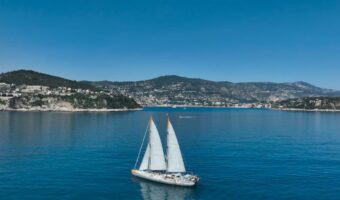
6 February 2026
Would you like to host a collective exhibition about the issues of the Ocean?
The Great Expedition continues its journey For more than two decades, the Tara Ocean Foundation has opened its research vessel to artists from different horizons. On board, these residencies have become spaces for experimentation, encounter, and creation. From these journeys emerged a constellation of works—photographs, sculptures, soundscapes, films, drawings—that probe the environmental, social, and poetic
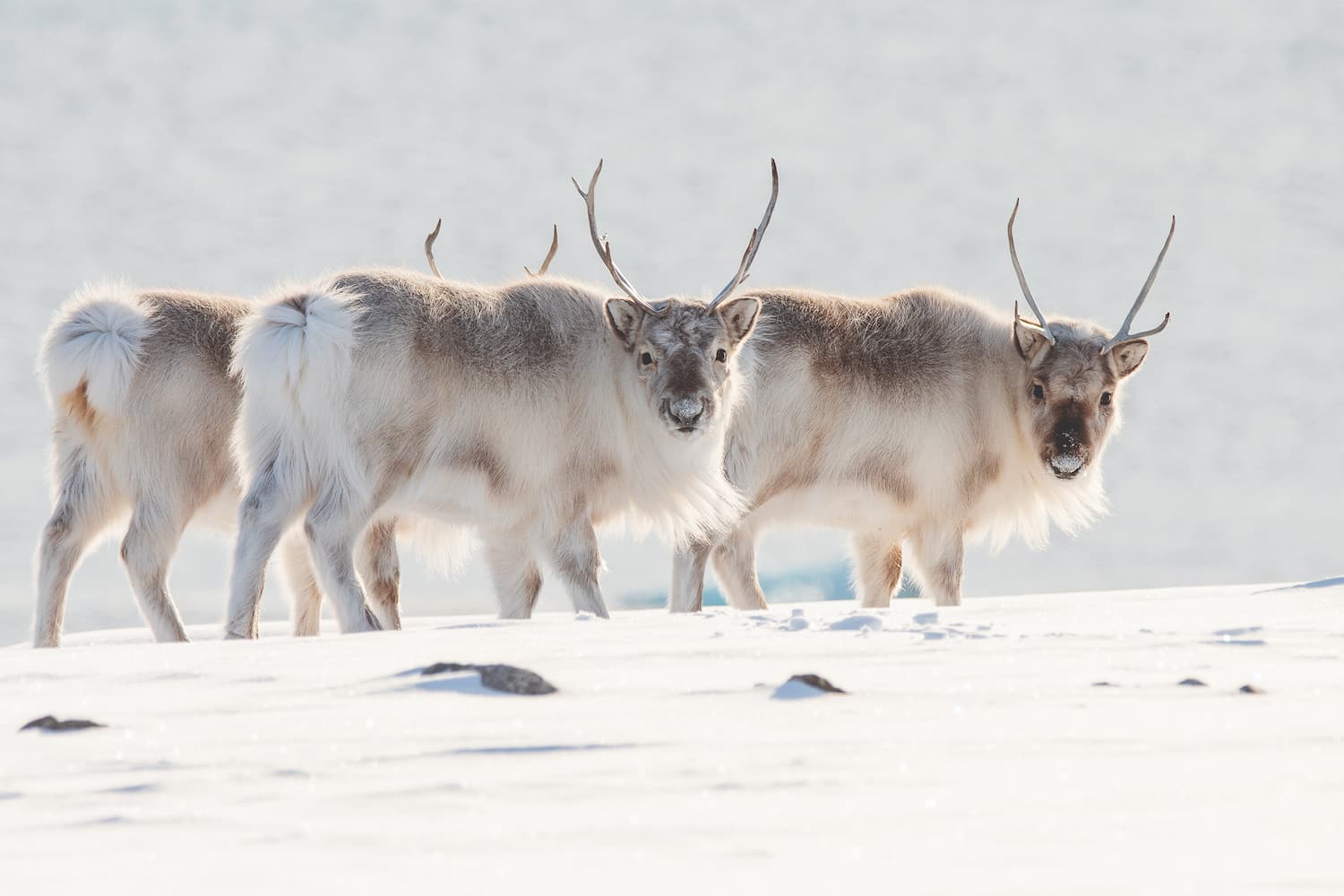
January 28, 2026
The Arctic, a frozen land rich in little-known biodiversity
Why is biodiversity at the North Pole unique? Varied habitats When we imagine the Arctic, images of ice in all its forms (sea ice, icebergs, glaciers, etc.) immediately spring to mind. However, this region is home to a wide variety of habitats that support a world of living organisms adapted to extreme conditions. On land,
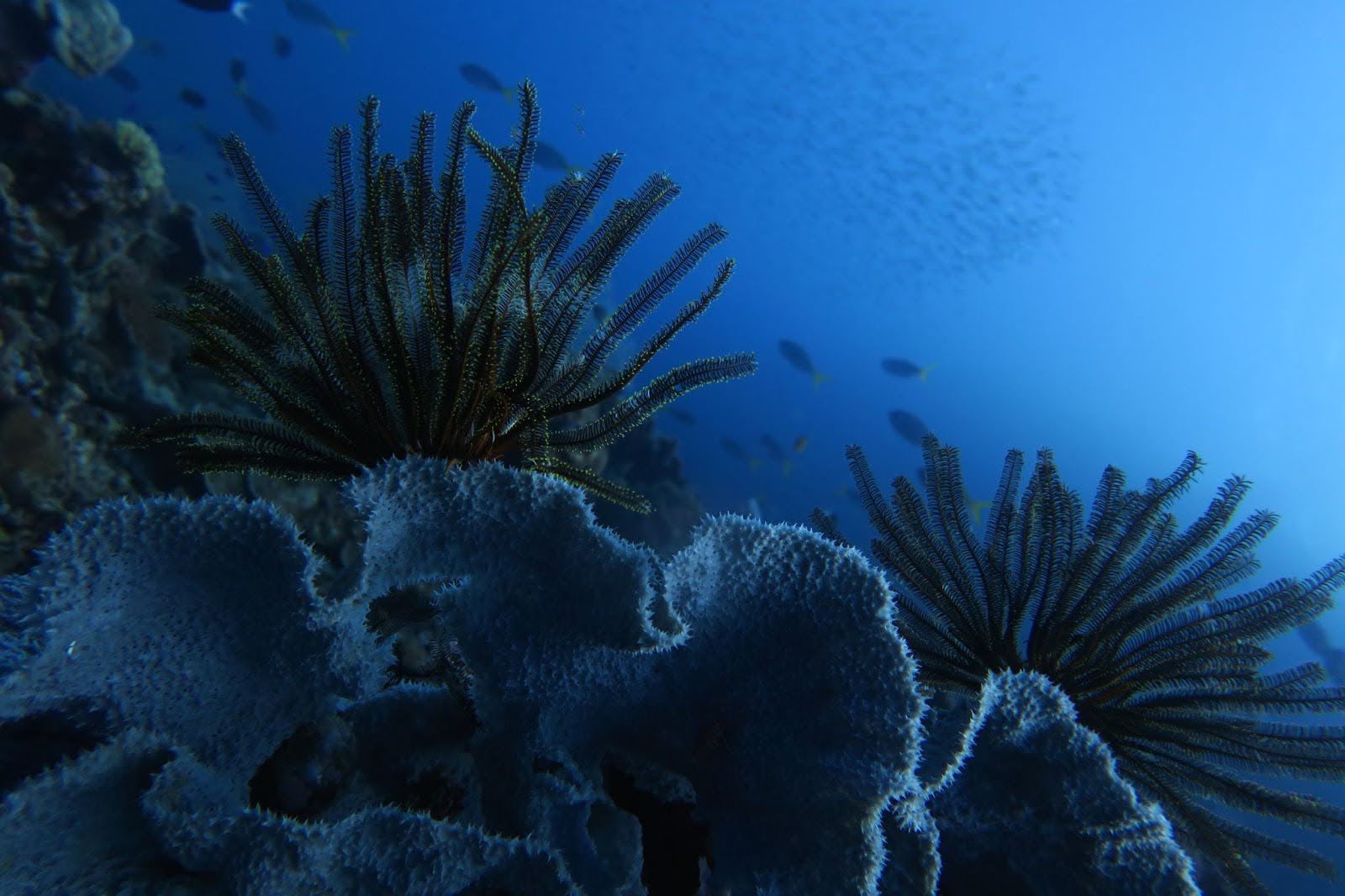
December 11, 2025
Marine Protected Areas: for dynamic protection of the Ocean
What is a Marine Protected Area (MPA)? A Marine Protected Area (MPA) is an area of the ocean where human activities are regulated in order to preserve biodiversity, habitats and marine resources. They can take various forms: sanctuaries, fishing reserves, marine nature parks, etc. Their objective: to protect marine life, restore ecosystems and ensure sustainable

November 7, 2025
[Blue Carbon] Is marine geoengineering a solution for fighting climate change?
The ocean, an ally of the climate The ocean, which covers more than 70% of the planet, plays a major role in regulating the climate. Every year, it absorbs around a quarter of the carbon dioxide (CO₂) emitted by human activities, thereby limiting global warming. However, it is important to understand that this carbon is
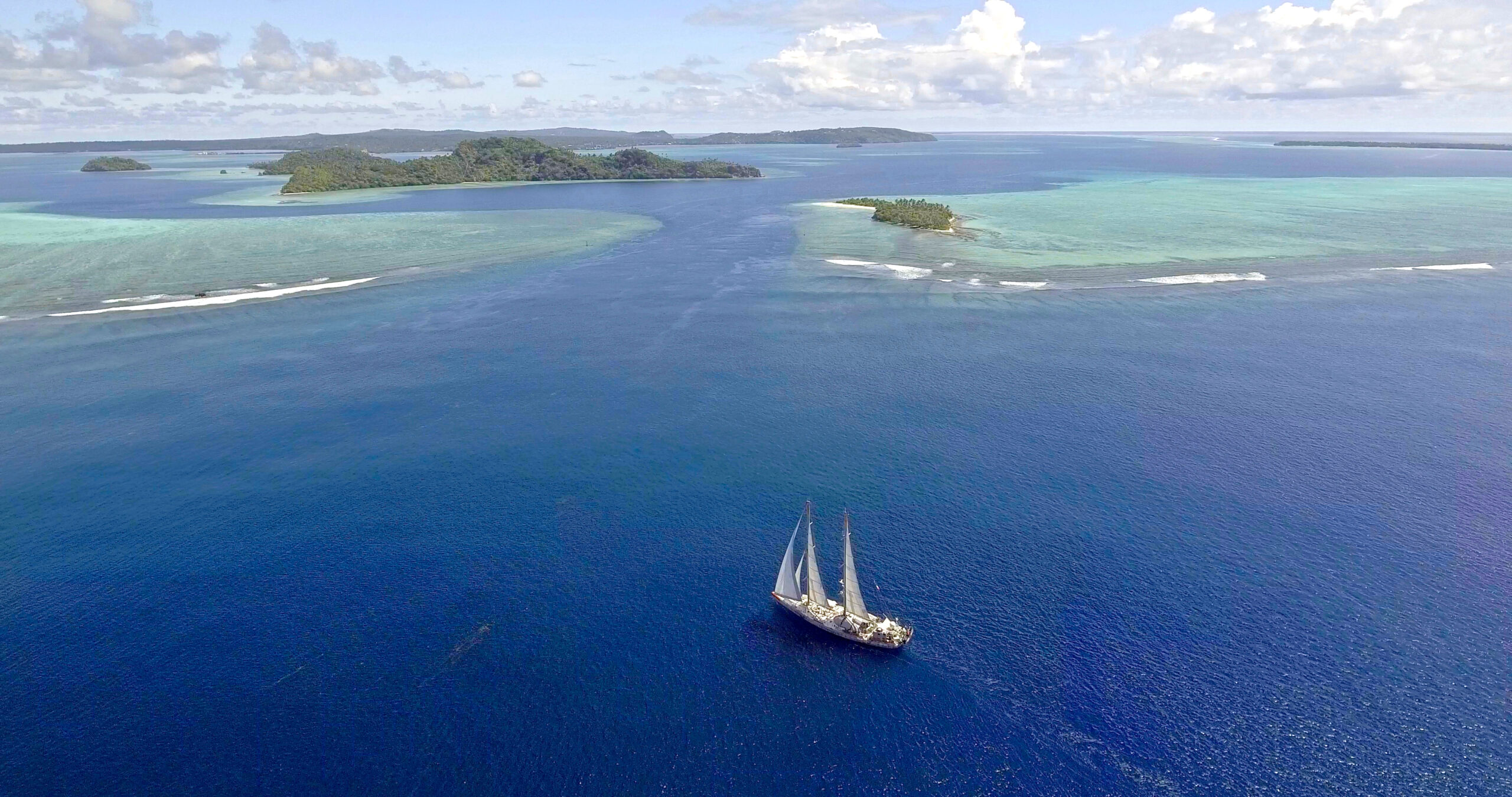
November 4, 2025
10 facts about coral: a marine organism essential to ocean biodiversity
1. Coral: animal, plant, or mineral? What is coral? Le corail intrigue depuis toujours : est-il un animal, un végétal, un minéral ? En réalité, il est un peu des trois. En effet, un corail est une colonie d’animaux fixés sur leur squelette calcaire, abritant dans ses tissus des micro-algues qui contribuent à leur donner
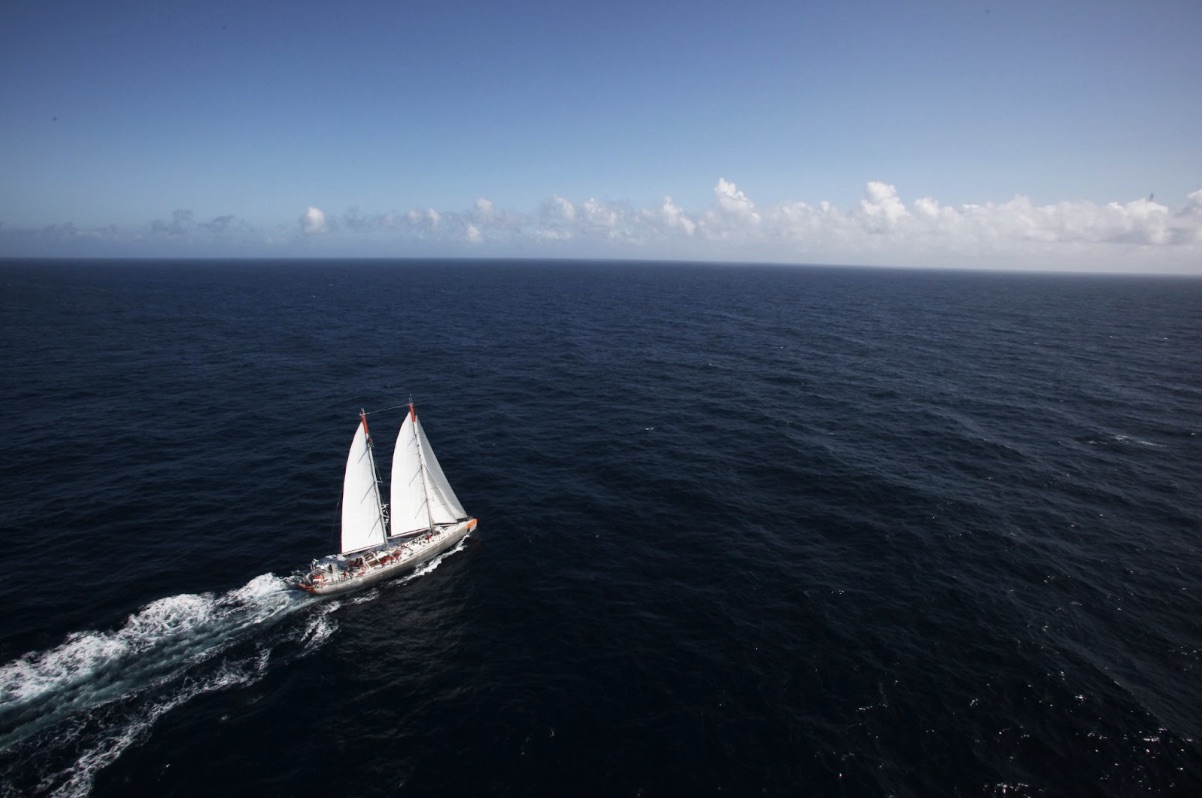
October 24, 2025
The Ocean, a shared heritage of humanity: open science and shared governance
The Ocean: vital for humanity A vital and fragile ecosystem The ocean covers 71% of our planet’s surface. It regulates the climate, is home to abundant biodiversity, has produced much of the oxygen in the atmosphere, and plays a crucial role in carbon storage. But this vital system is now under threat. Human activities such
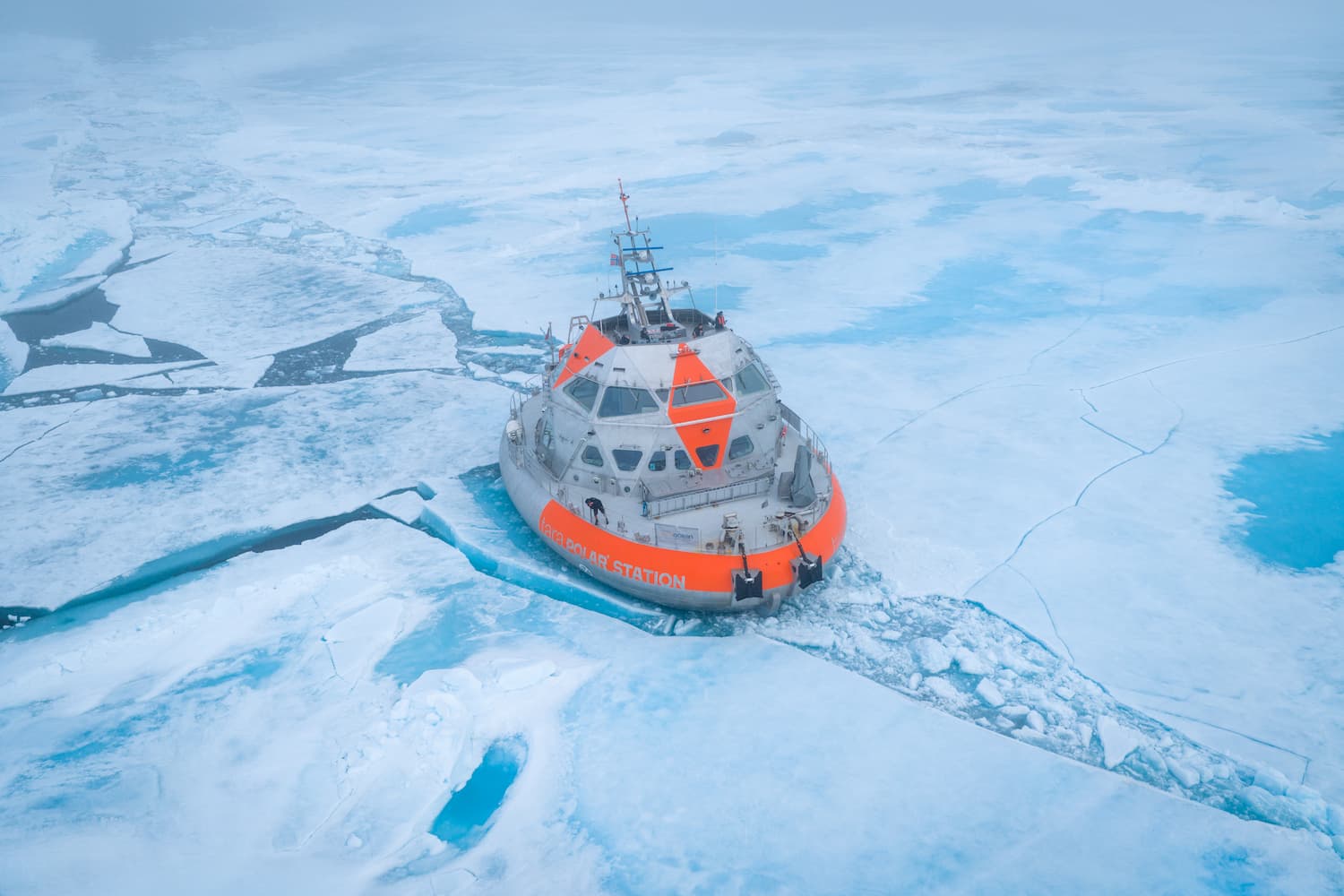
October 9, 2025
4 Weeks in the Arctic Sea Ice: First Test Drift of Tara Polar Station
Boarding for the North Departing on June 1 from Lorient, her home port, on her very first voyage north, Tara Polar Station made a stopover in Longyearbyen, Svalbard, until July 4. Just enough time to embark a new crew and artist Nicolas Floc’h before heading further into the Arctic. Trapped in the Arctic Sea Ice:
They talk about us
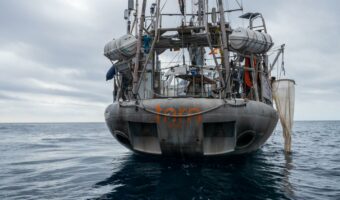
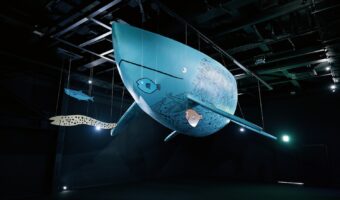
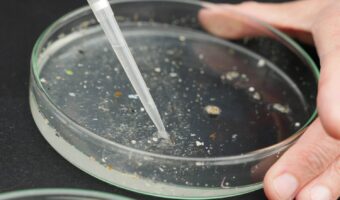
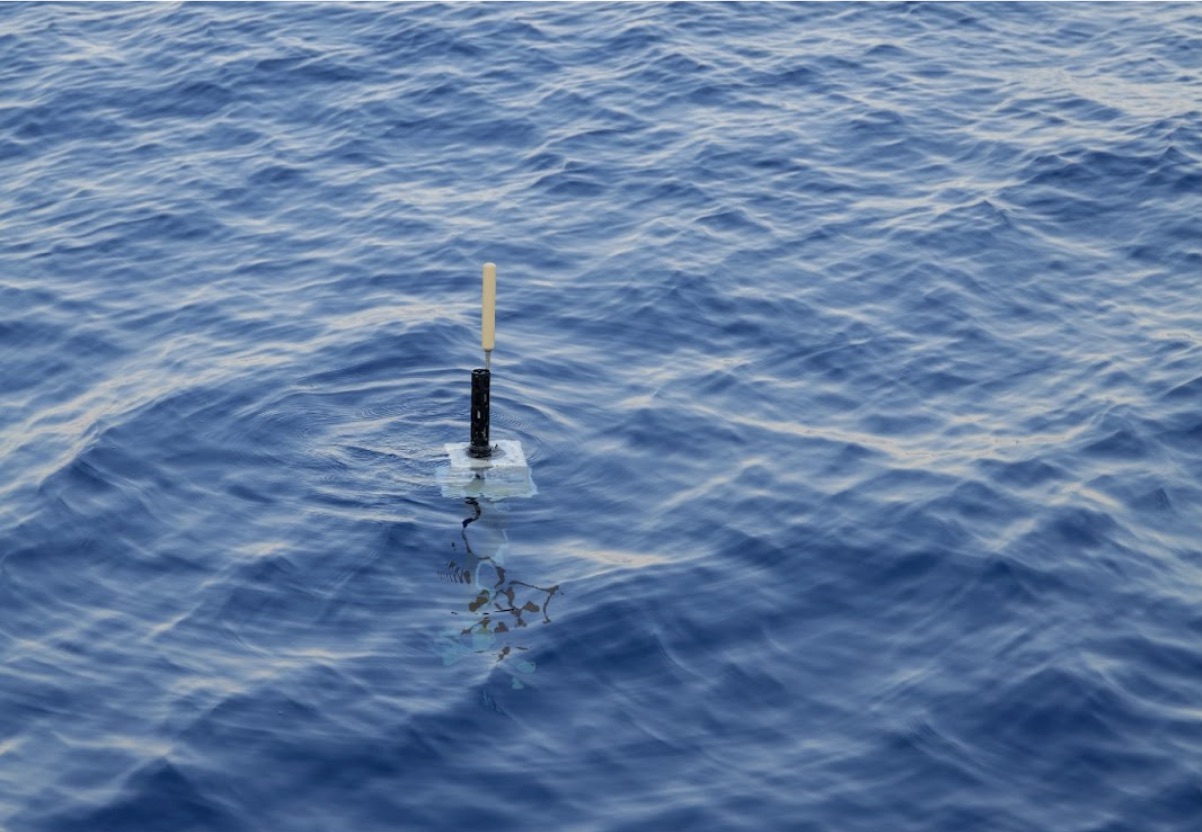
September 23, 2025
[Argo Program] How do Argo floats collect oceanographic data in real time?
Presentation of the ARGO program What is the Argo project? The Argo program is an international scientific initiative launched in 2000 by the Intergovernmental Oceanographic Commission and the World Meteorological Organization. It was designed to observe and understand the global Ocean in real time and, in particular, to obtain data on Ocean temperature and salinity
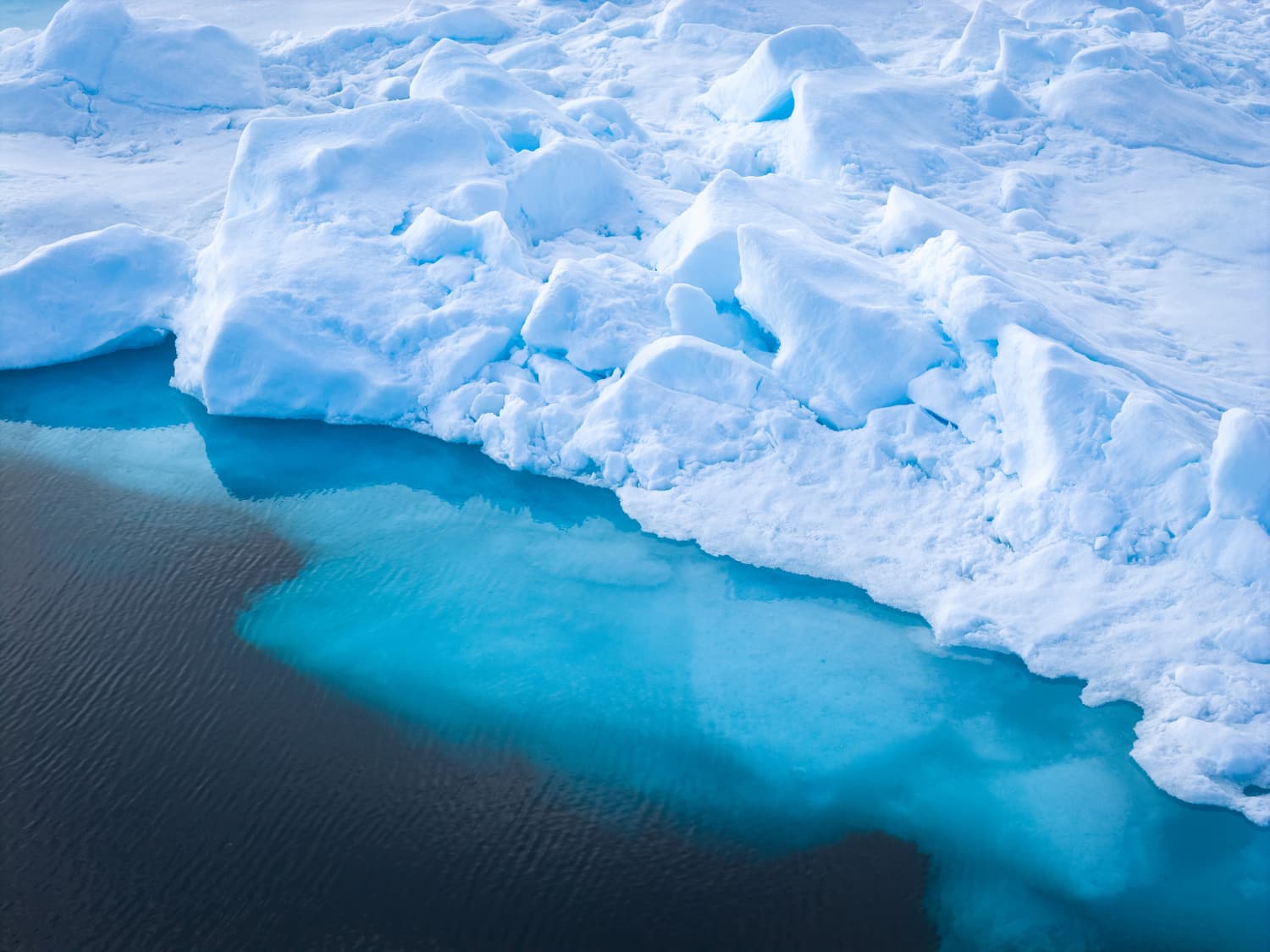
August 19, 2025
Ice Floe: Sentinel of the Poles and key indicator of climate change
What is the ice floe? The ice floe is a layer of sea ice that forms on the ocean surface in polar regions, mainly in the Arctic and Antarctic. Unlike glaciers, which are mostly on continents, the ice floe floats on water. Different types of ice floes There are two main types of ice floes: The ice floe is part of the cryosphere;
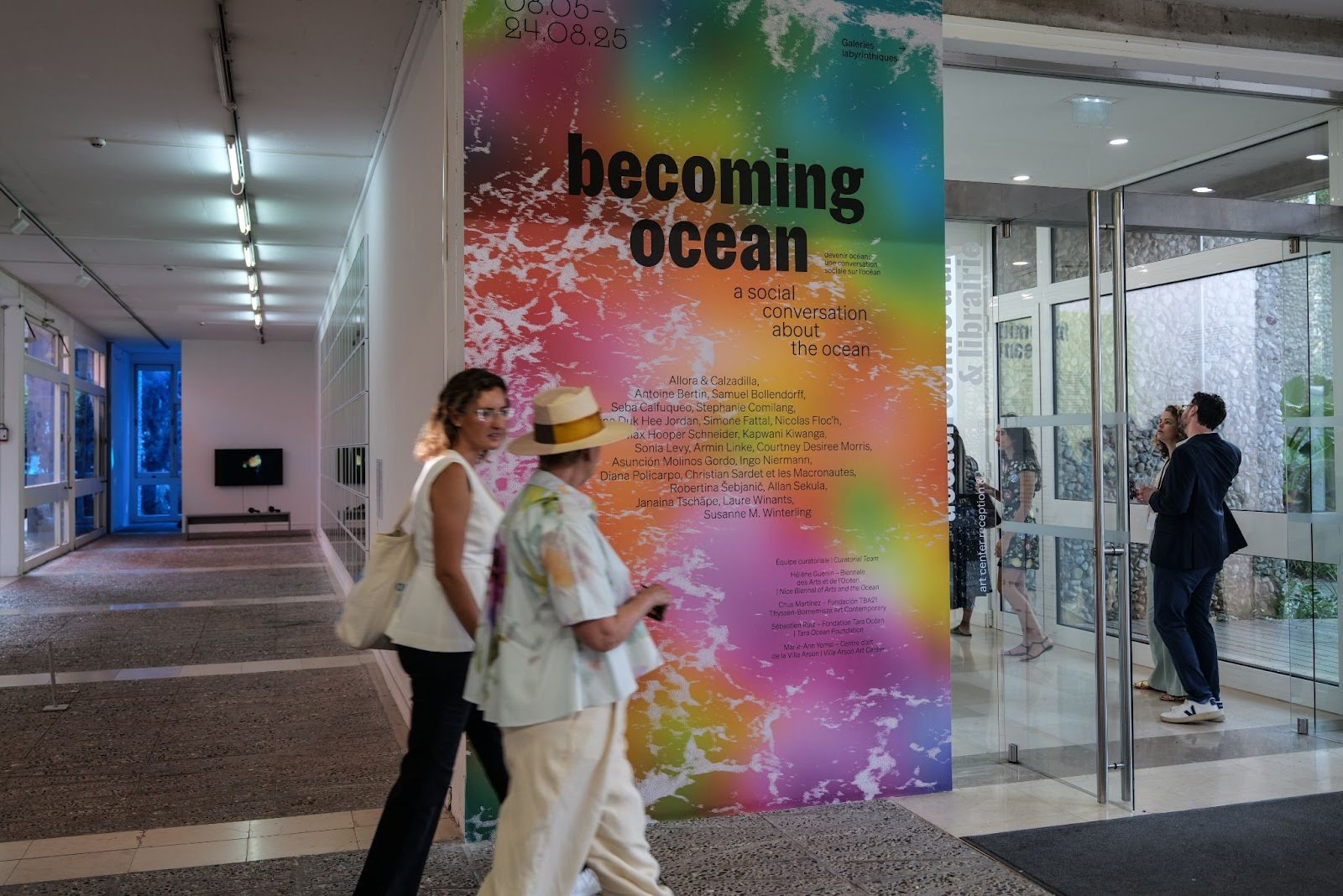
July 17, 2025
BECOMING OCEAN, a social conversation with the Ocean.
The result of unprecedented and transdisciplinary collaborations, the exhibition brings together works by more than twenty international artists from the TBA21 Thyssen-Bornemisza Art Contemporary collection, and artists in residence from the Tara Ocean Foundation, in collaboration with the Schmidt Ocean Institute. Becoming Ocean offers us the opportunity for different territories and visions to coexist through
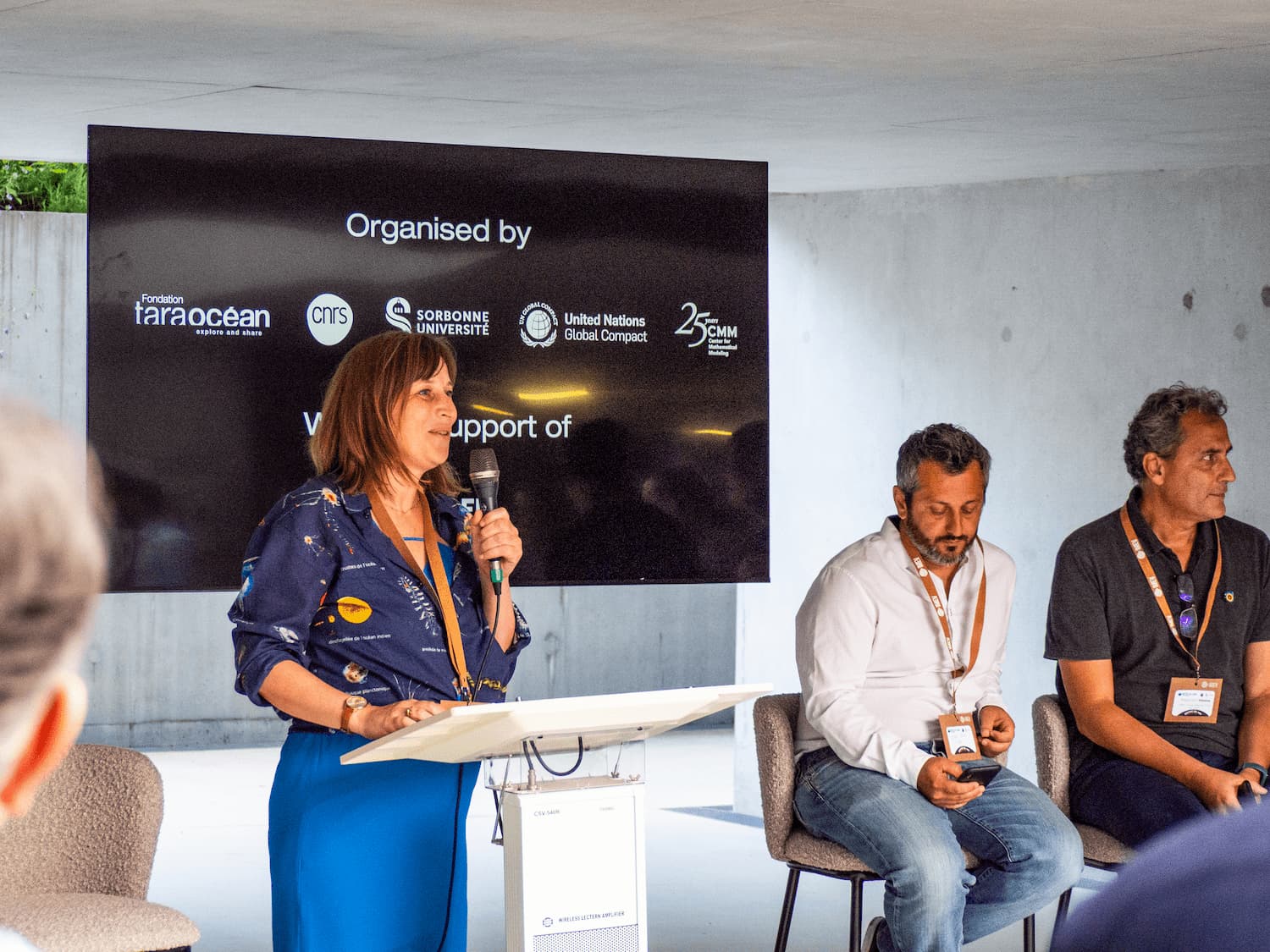
June 26, 2025
Science and Advocacy at the Tara Ocean Foundation: A Synergy in Service of the Ocean
Science as the Voice of the Ocean The Ocean at the Heart of Global Challenges The ocean covers 70 % of our planet’s surface—it feeds us, regulates the climate, and supplies much of our oxygen. It harbors immense, often invisible biodiversity essential for all life on Earth. Yet it remains one of the least understood and
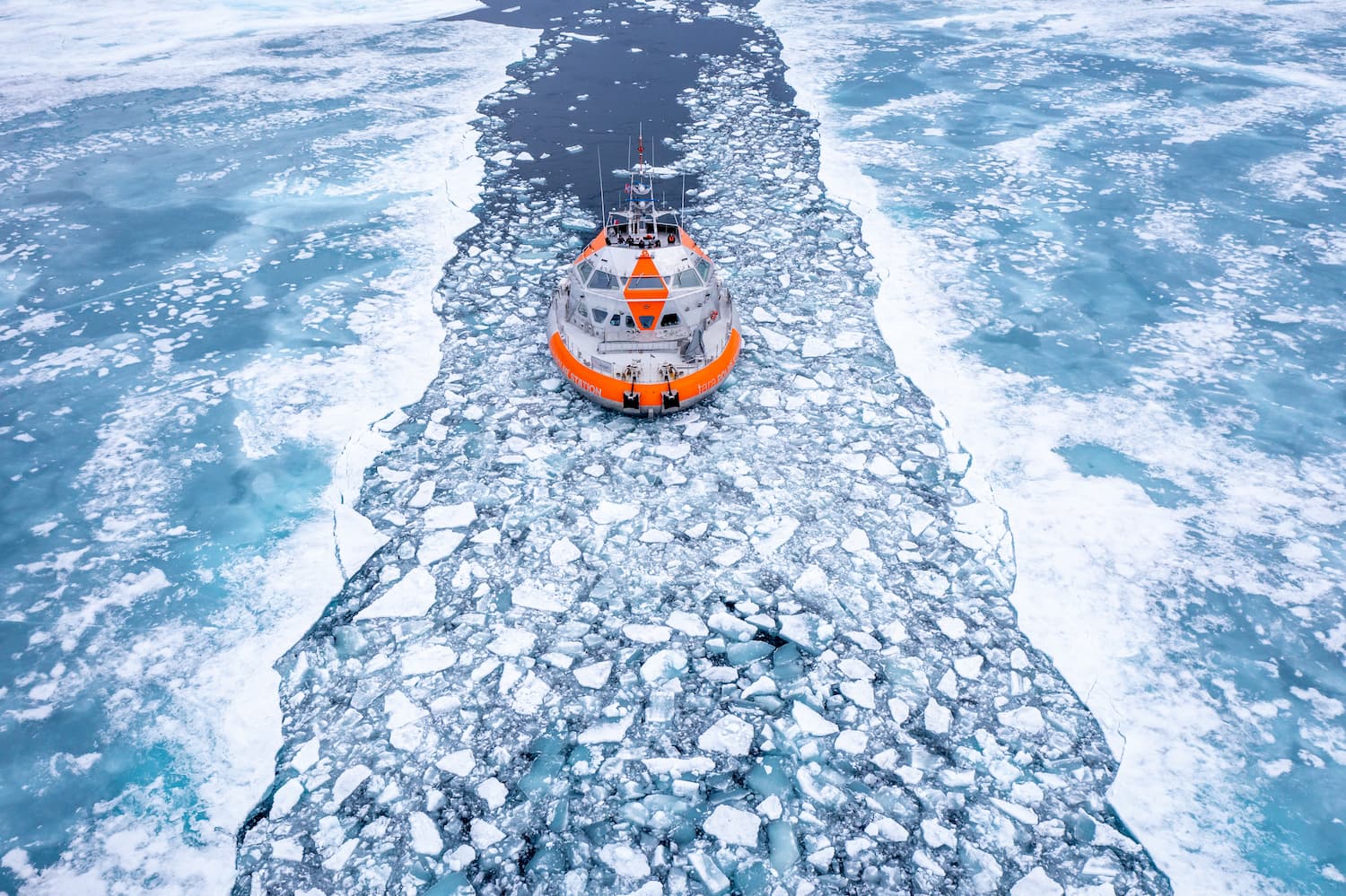
May 30, 2025
Tara Polar Station: the challenges of science aboard a laboratory drifting in the Arctic
The challenge of Arctic science The importance of science and long term observations The Arctic plays a crucial role in regulating the world’s climate, and its vulnerability to climate change is placing the pole at the heart of scientific concerns. The rapid changes taking place there, particularly the accelerated melting of the sea ice, are

May 21, 2025
‘Osaka Kaiju’ at EXPO 2025: a hymn to the Ocean by artist Jean Jullien and the Tara Ocean Foundation
Create to preserve Today, it is essential to unite the forces available to speak out for the Ocean. Through their singular perspectives, artists can become players committed to its protection. The artist Jean Jullien, driven by his passion for the marine environment, offers a sensory and intimate experience at the heart of ocean life. Hosted
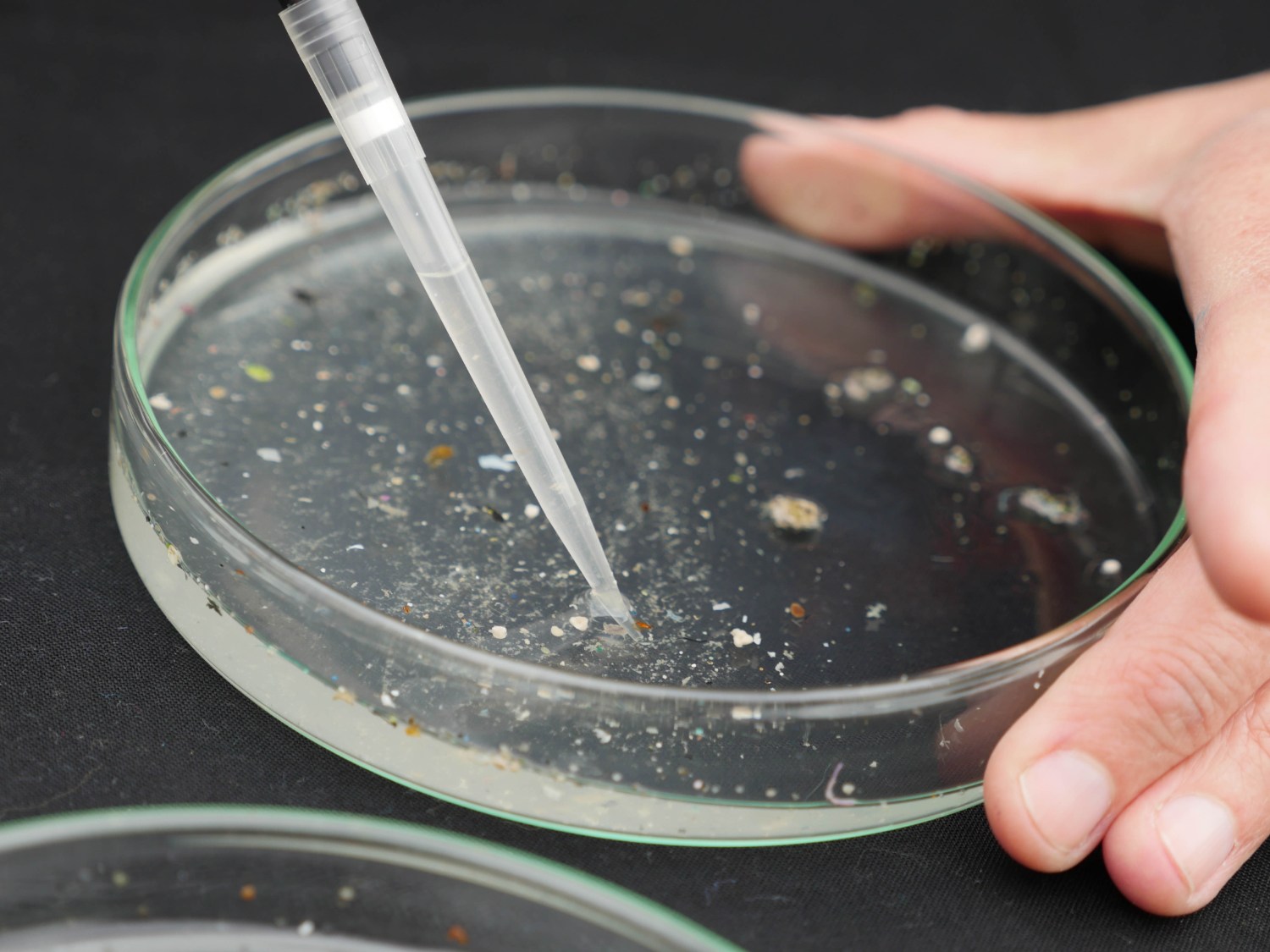
April 7, 2025
Microplastics: the hidden side of a global pollution
All European rivers are affected Rivers are the main vector for transporting waste of human origin to the ocean. Every year, they discharge a staggering 8 to 12 million tonnes of plastic debris, which accumulates in all the world’s ecosystems and poses a risk to biodiversity. In 2019, the Microplastics Mission studied the origin and
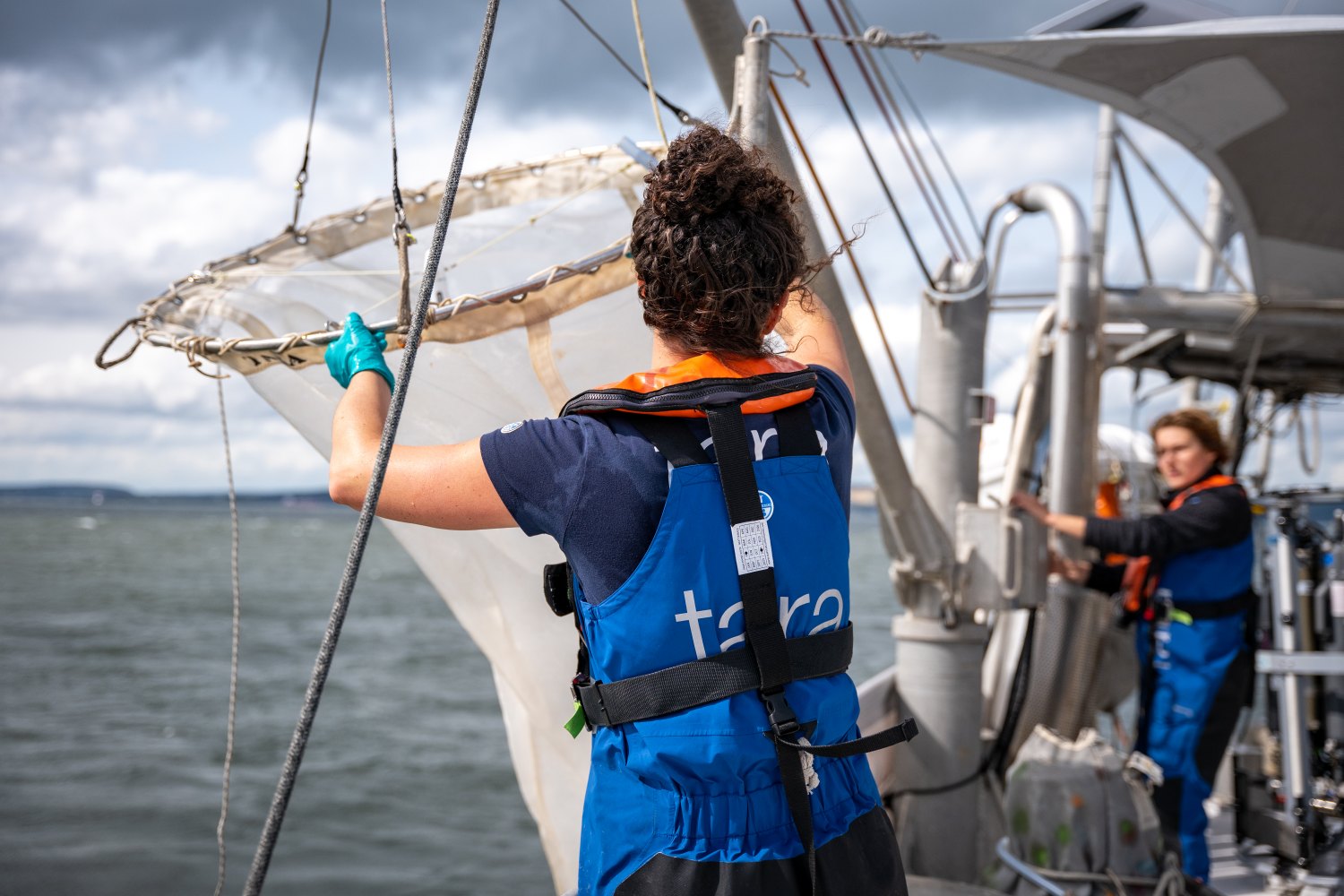
March 26, 2025
From Ocean to science: the journey of a Tara sample
Aboard the schooner Tara: the quest for samples Selection of the study area and sampling It all starts with an in-depth study of the maps and satellite data to identify the schooner’s precise station. Certain regions are chosen on the basis of observable phenomena, such as phytoplankton blooms. Once the area has been determined, the
